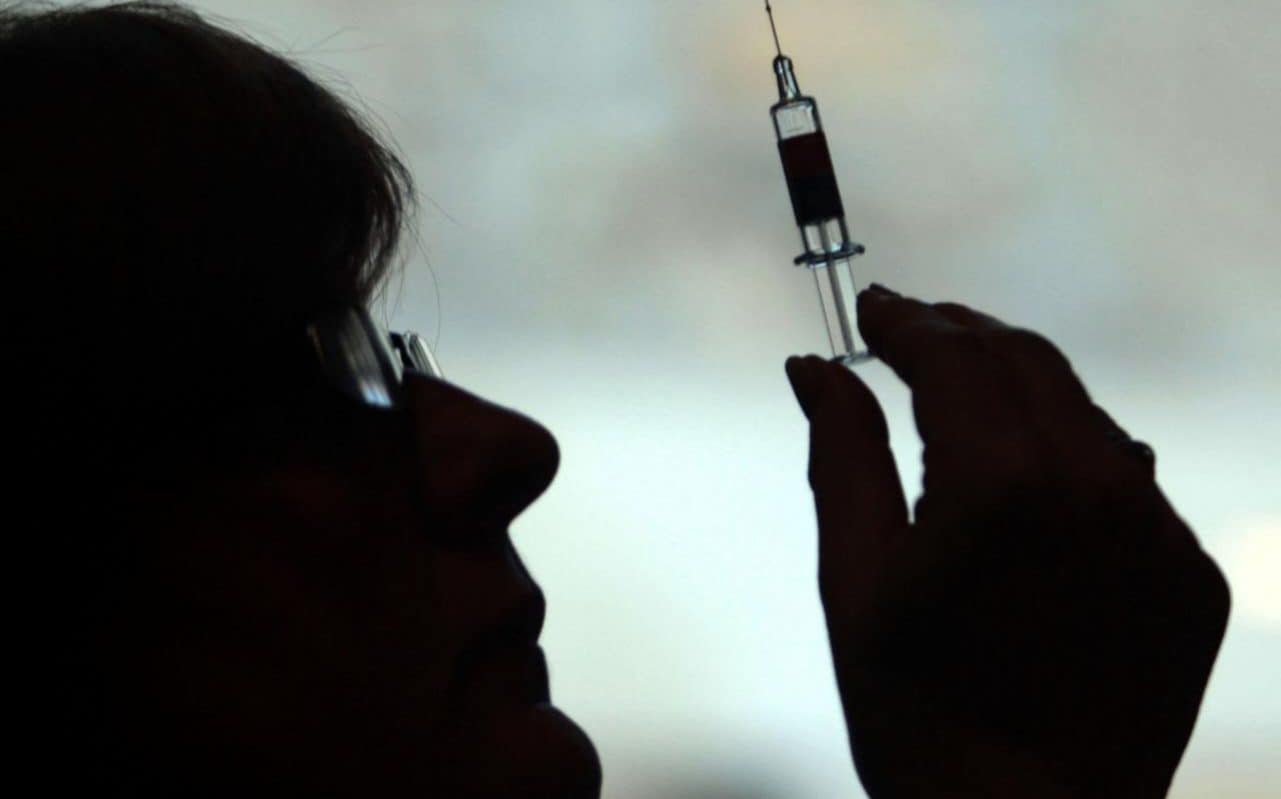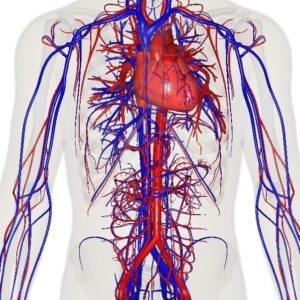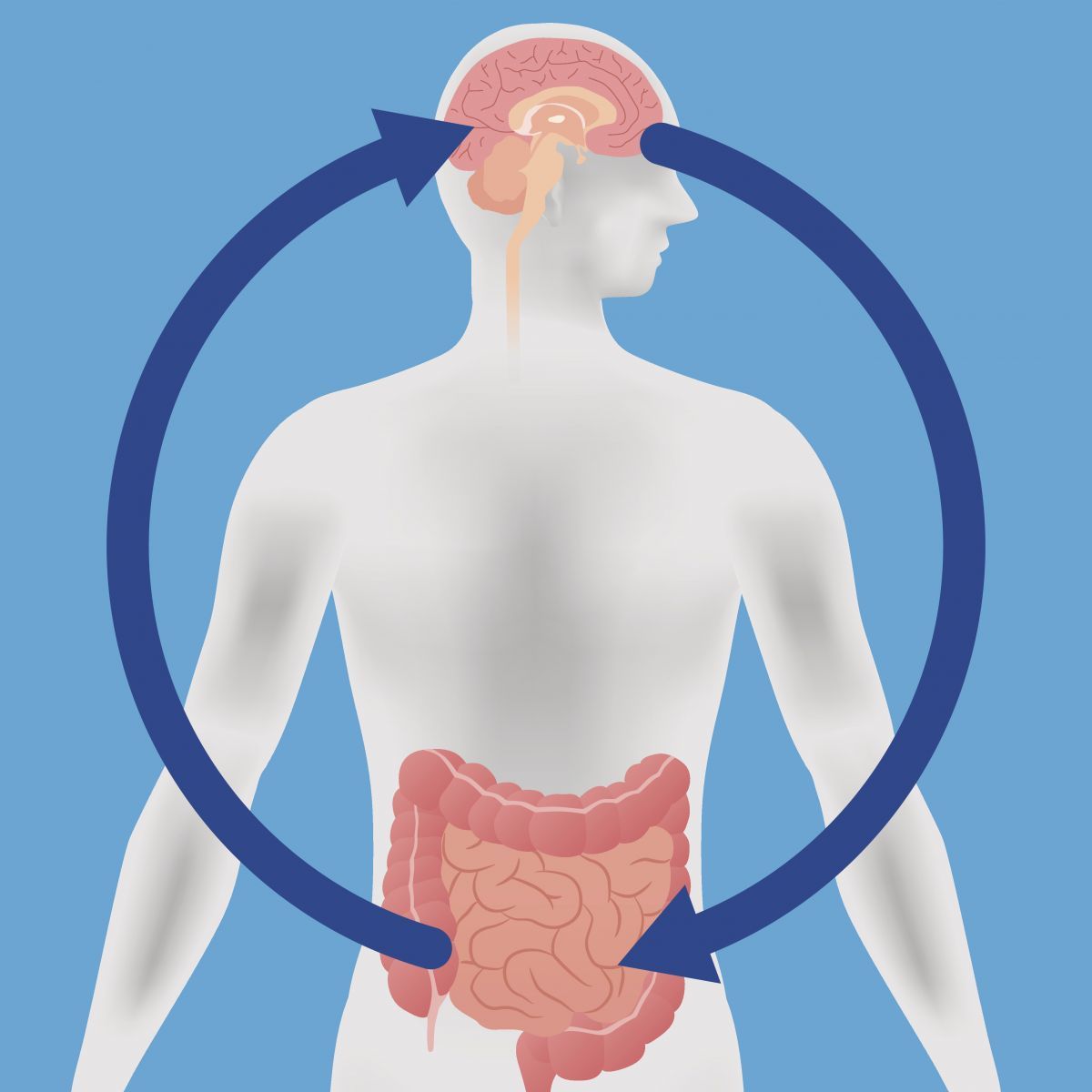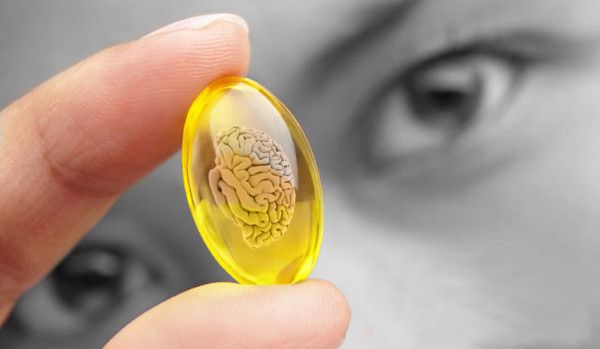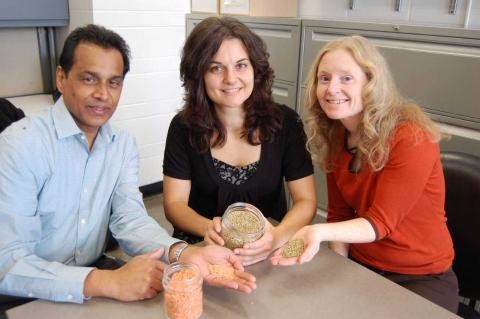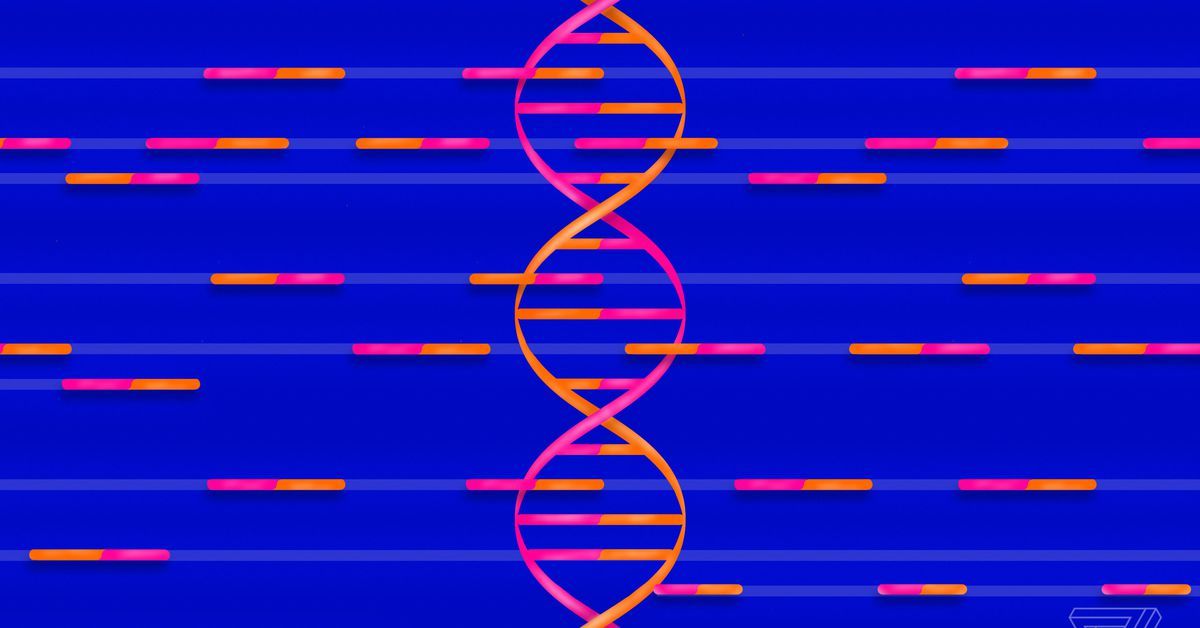
As the Equifax hack last year showed, there’s a lack of legislation governing what happens to data from a breach. And ultimately, a breach of genetic data is much more serious than most credit breaches. Genetic information is immutable: Vigna points out that it’s possible to change credit card numbers or even addresses, but genetic information cannot be changed. And genetic information is often shared involuntarily. “Even if I don’t use 23andMe, I have cousins who did, so effectively I may be genetically searchable,” says Ram. In one case, an identical twin having her genetic data sequenced created a tricky situation for her sister.
This week, DNA testing service MyHeritage revealed that hackers had breached 92 million of its accounts. Though the hackers only accessed encrypted emails and passwords — so they never reached the actual genetic data — there’s no question that this type of hack will happen more frequently as consumer genetic testing becomes more and more popular. So why would hackers want DNA information specifically? And what are the implications of a big DNA breach?
One simple reason is that hackers might want to sell DNA data back for ransom, says Giovanni Vigna, a professor of computer science at UC Santa Barbara and co-founder of cybersecurity company Lastline. Hackers could threaten to revoke access or post the sensitive information online if not given money; one Indiana hospital paid $55,000 to hackers for this very reason. But there are reasons genetic data specifically could be lucrative. “This data could be sold on the down-low or monetized to insurance companies,” Vigna adds. “You can imagine the consequences: One day, I might apply for a long-term loan and get rejected because deep in the corporate system, there is data that I am very likely to get Alzheimer’s and die before I would repay the loan.”
Continue reading “Why a DNA data breach is much worse than a credit card leak” »
